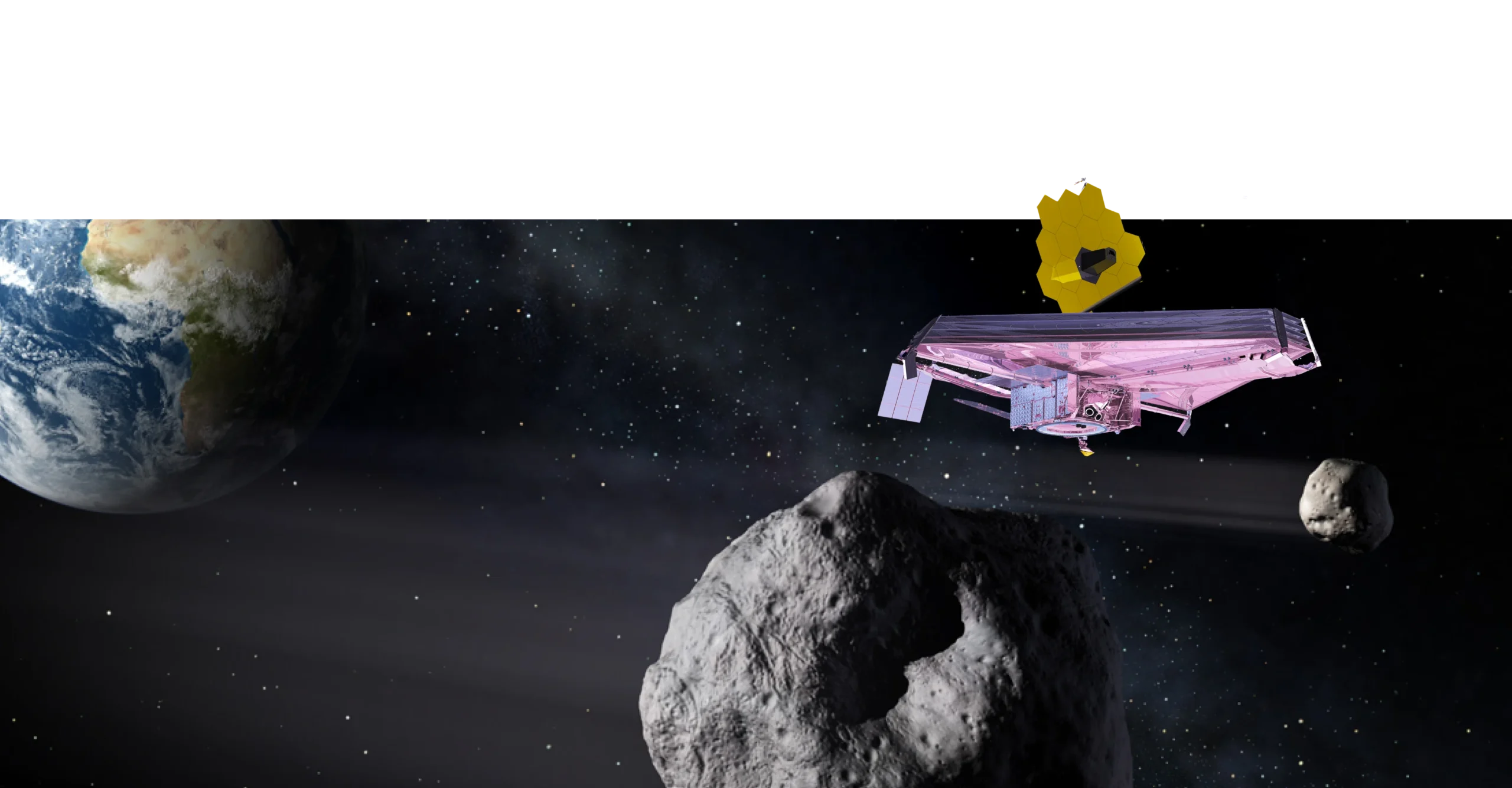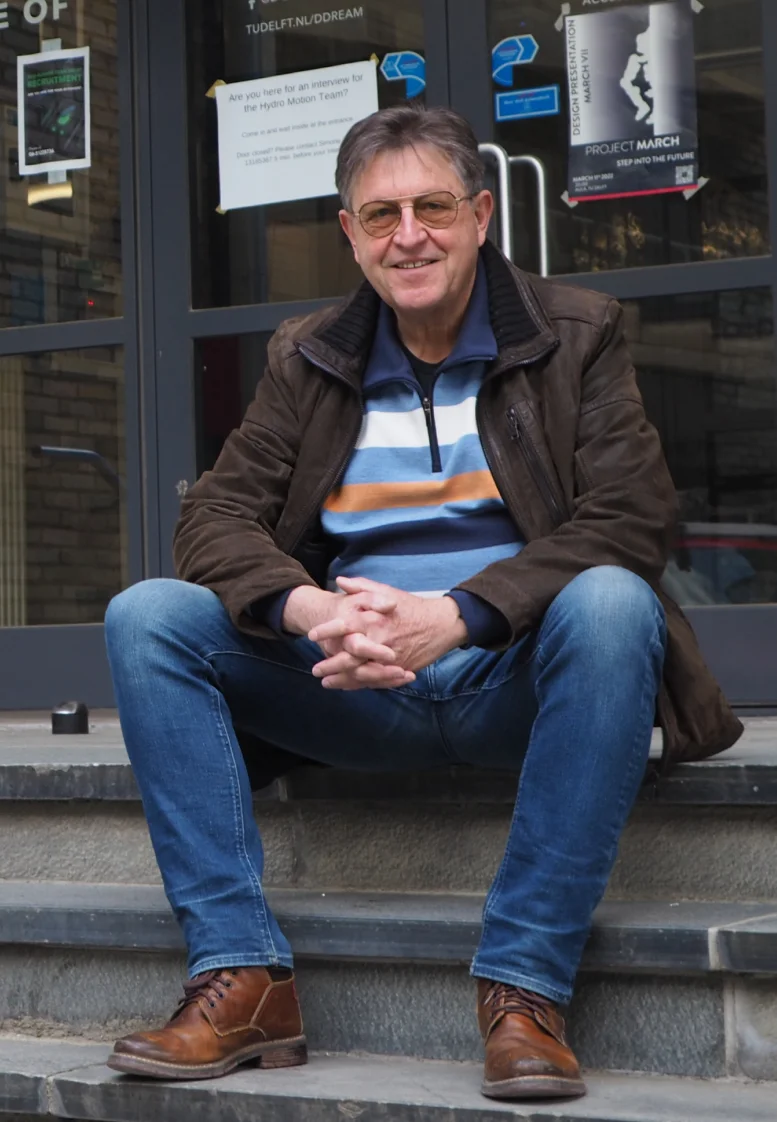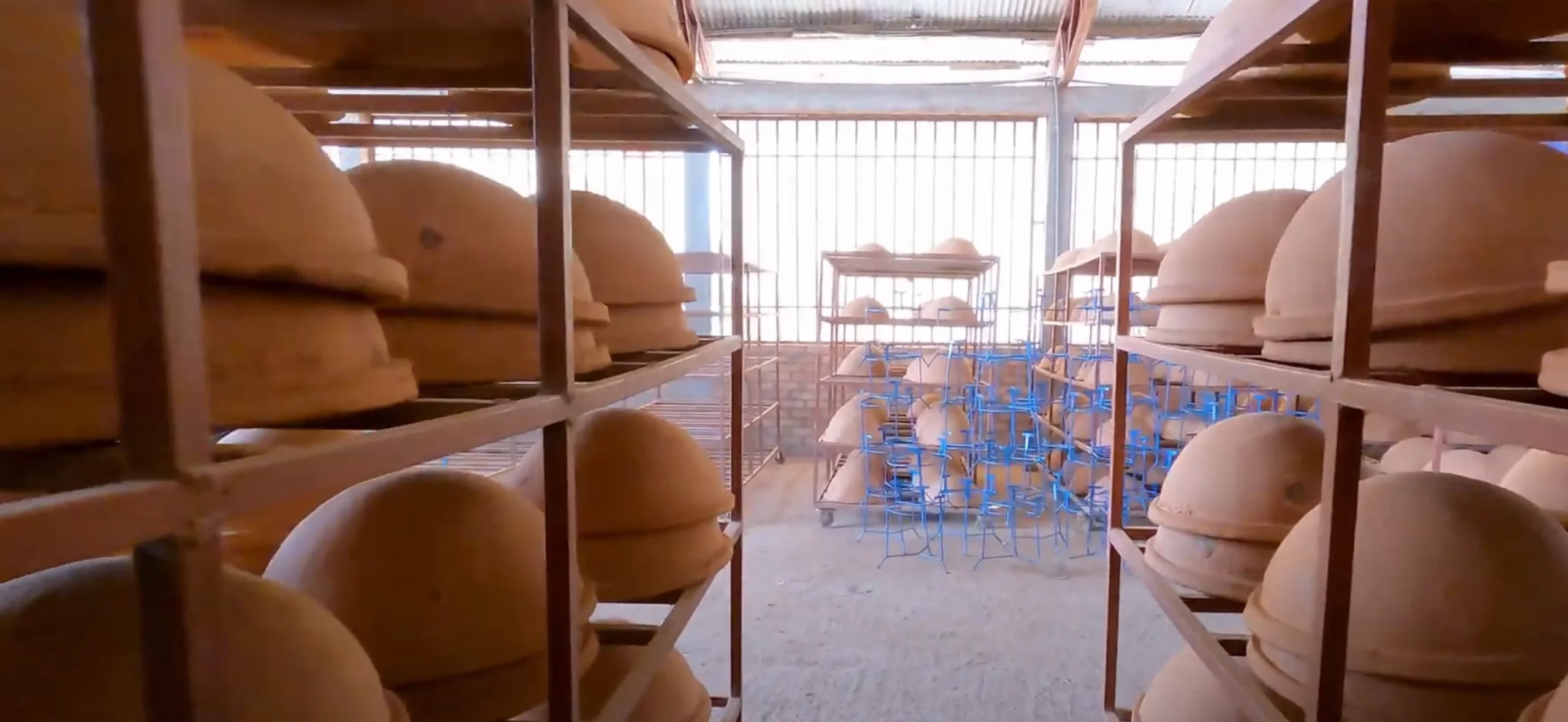Delft in brief
Delft reactor reactivated
The Reactor Institute Delft (RID) has reopened following its recent thorough refurbishment. The external cladding has been replaced. A shiny new building has appeared alongside the dome, in which helium will be brought to an extremely low temperature for the hydrogen-cooling process in the cold neutron source. The control and monitoring equipment has also been completely updated. The only thing missing is the cold neutron source itself – the high-tech extension that has been under development for over a decade. Cooled neutrons interact more with a research subject than non-cooled neutrons. This is expected to improve the quality and speed of the measurements by up to a hundred times. But construction work has proved complex. It is now hoped that the multi-million Oyster project will be completed by December 2022.
Thirty architecture students have created a model depicting their vision of an imaginary museum devoted to Jacques van Marken, founder of Calvé, Gist-Brocades and DSM. Delft Alumnus Jan van der Mast, who wrote a biography of Van Marken (‘the Netherlands’ first social entrepreneur’), is calling for a museum devoted to Van Marken, to be sited at the end of Phoenixstraat. Lecturer Geert Coumans based his design studio on this idea – an assignment in which Master’s students spend six months working on a detailed model, among other things. The photo shows Master’s student Linde Varossieau with her design.

© Bouwkunde
Masterstudent Linde Varossieau
with her design.

Vici
FOR TWO DELFT
RESEARCHERS
Prof. Gary Steele (Applied Sciences) and Prof. Mark Veraar (EEMCS) have been awarded Vici grants by the Dutch Research Council (NWO) to spend on research over a five-year period. According to Steele, combining quantum mechanics and gravity is a fundamental challenge facing physics, but putting this to the test experimentally is still impossible. Thanks to the grant, he plans to change this by ‘developing an experimental test of quantum mechanics under the influence of general relativity theory’, according to the NWO briefing. Veraar will explore the ‘mathematical foundations for equations with noise’. Differential equations with noise are used in the mathematical modelling of climate and brain models and other applications. Currently, there is ‘insufficient analytical understanding of these equations, preventing them from being solved efficiently’. He plans to change that.
Foto: © TUTV
FILTERING POLLUTED WATER
Drinking water specialist Prof. Doris van Halem (CEG) and Ghanaian PhD candidate Lydia Senanu are working on a joint project to improve ceramic water filters in order to remove heavy metals from drinking water. Illegal mining has left many rivers in Ghana polluted with heavy metals. The filters are made using local materials: clay with ash from incinerated organic waste, such as peelings and fibre. The filters look like semi-circular bowls of baked clay. Sandwiched between the inner and outer walls of the clay is a carbon-rich layer of pounded ash that binds metals and bacteria. The details of this process are currently being researched
in Delft.
Innovation is a moral concept
“We have allowed ourselves to be lulled to sleep”, says philosopher Jeroen van den Hoven who advises the European Commission on ethics and technology. He was reappointed to the European Group on Ethics in Science & Technology in March. The energy transition and phasing out of fossil fuels, big tech and robotisation are controversial issues that affect democracy and constitutional treaties within the EU, says Van den Hoven. “Innovation is a moral concept. Technology is gaining in power and impact and society is becoming more confusing. Ethics is growing in importance as a result.” He insists that the EU must turn its attention to the resilience of complex systems. “How do you ensure that institutions can withstand the impact of a comet, a pandemic or cyberattacks? You need
to start thinking at a higher level of abstraction.”

Foto © fotoESA / 24KProductions
Do look up!
The James Webb space telescope features an on-board instrument consisting of a camera and a spectroscope. Most researchers are interested in the spectrometer because it provides information about the chemical composition of a star or a planet’s atmosphere. However, TU alumna Lenka Husárová and three other researchers actually intend to use the camera images to detect passing asteroids. “They can tell us more about the origins of our solar system”, she says. “In the future, they may also prove to be a source of materials that are in short supply on earth.” Alongside iron, nickel and cobalt, gold is also included on the list of asteroid metals.
WORST CITY FOR STUDENT ROOMS
According to the Dutch National Union of Students (LSVb), Delft is the Netherlands’ worst city for student accommodation. Not only is there a partial halt on dividing up houses to create rooms for students, the city also has the second most expensive conversion permit, says the LSVb. The Municipality of Delft cannot afford to fund a rental team, which means there is nowhere locally for students facing excessive rents to turn to. The issue of student housing featured prominently in the municipal elections. Parties from across the political spectrum on the council are calling on TU Delft in particular to accept greater responsibility for student housing.
Bye Mr, Dreamhall
Frans van der Meijden stood down as the manager of the TU Delft Dream Hall at the end of March. When Van der Meijden took over the role from Wim Thijs in 2014, there were twelve Dream Teams working in the Stevin Hall behind the Faculty of Civil Engineering and Geosciences. That number has since dropped to five, because of the pandemic and the other requirements
(not only mobility) that TU Delft sets for its student teams. Currently, the Hydromotion, Hyperloop, Ecorunner, Project March and Epoch teams are working in the hall. Van der Meijden’s successor is Philippe van der Pal.

© Jos Wassink

© Adam Klugkist
On 6 April, TU Delft professors returned to school to teach students in the last two years at Delft primary schools. The day started at Delft City Hall, where, dressed in their gowns, the 33 professors attended an address by Mayor Marja van Bijsterveldt. They then set off by tuk-tuk or bike, heading for the 13 primary schools. During the lessons, the students learned more about wind energy, nanoparticles and keyhole surgery. At the Gabriël School, Fred Wegman (professor of Traffic Safety, CEG) talked about his specialist field. Sustainability professor Andy van den Dobbelsteen invited students to brainstorm ideas for energy saving at school.

